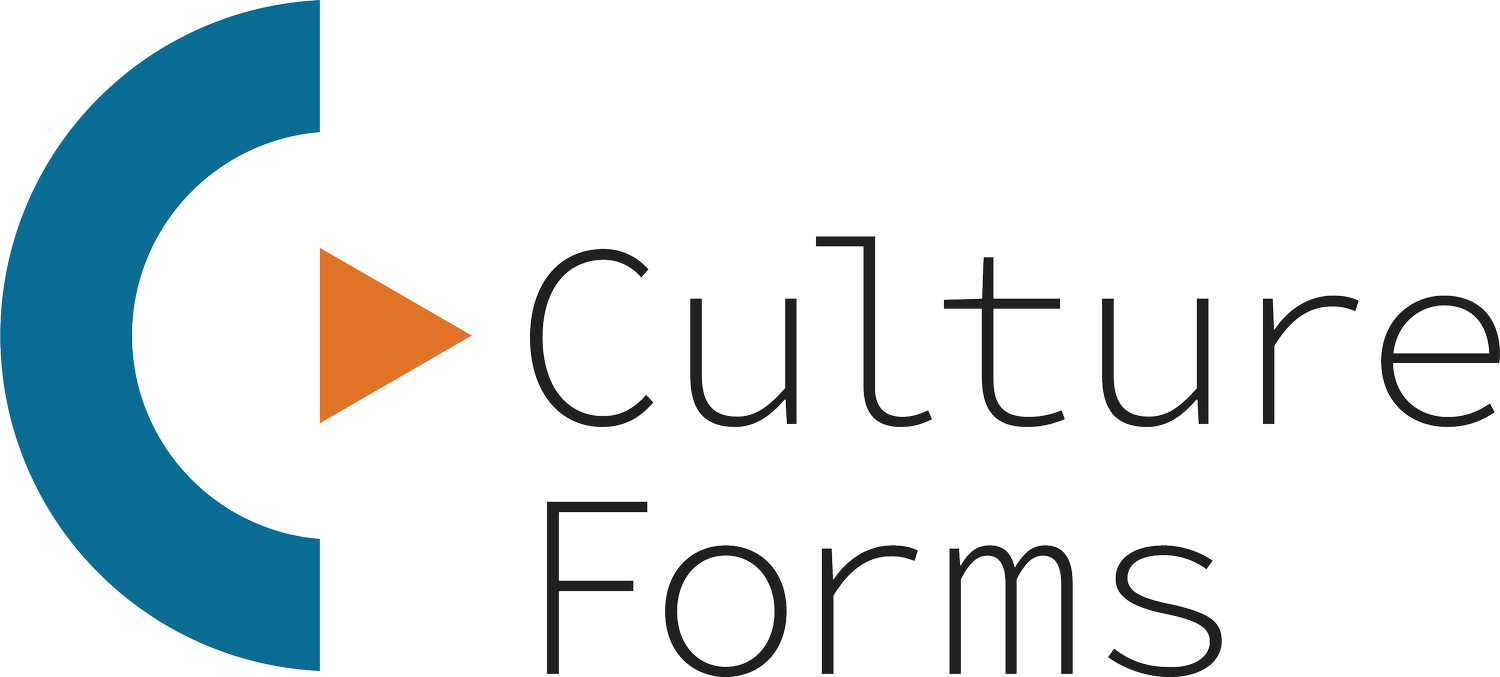What We Talk About When We Talk About Creativity (Syllables of Work)
Twenty-something years ago, upon seeing me overwhelmed one school night, my mother implored me to take a break from my math homework—with my English homework.
The premise still makes sense to me; sometimes I take a break from Culture Forms work by editing a poem or fetching groceries. I apply this sentiment to creative work, too.
I started drafting these sentences washing dishes at the sink, because creativity isn’t an action, or something fixed you can do; it’s a way to think and move through time. As E.E. Cummings put it “…poetry is being, not doing.”
Sometimes, creativity takes the form of distraction or procrastination. I do some of my best thinking while sweeping or walking. Who hasn’t had a great idea in the shower? Creativity often strikes like lightning. A moment of invention. A question. A possible collaboration. A willingness to try something.
Part of the creative process depends on noticing what your particular process looks like right now. How do you imagine preparing for creative work? Are there patterns or rhythms you cycle through during the life of a project? If so, how would you describe them? I believe creativity is a lens to help you think about life and work. (Some of this is covered in Creative Processes and the seasonal Creative Accountability Groups (CAGs.)
If you’ve gotten this far and think you’re not creative, I regret to inform you that you’re mistaken.
Starting a business is a creative act. So is planting a garden, crafting a solid agenda, being frugal, selecting gifts, engaging with children, navigating difficult conversations, dodging boredom, making dinner, helping a friend through a difficult spell, committing to a new habit. Each of these moments requires creativity, whether you’re conscious of it or not, because being willing to try something depends on the uncertain core inherent in creativity.
Creativity is rewarding in and of itself, but over the last several years I have learned that it’s a brilliant vehicle for building trust. For instance, are you willing:
to learn what you might not know about your colleagues?
to collaborate on improving a process that’s not working as intended?
to ask for help when you need it?
to lend a hand when someone else does?
This is creativity at work, too. Whether you are interested in the programming I lead for individuals or for teams, creativity is the foundation of Culture Forms’ method.
